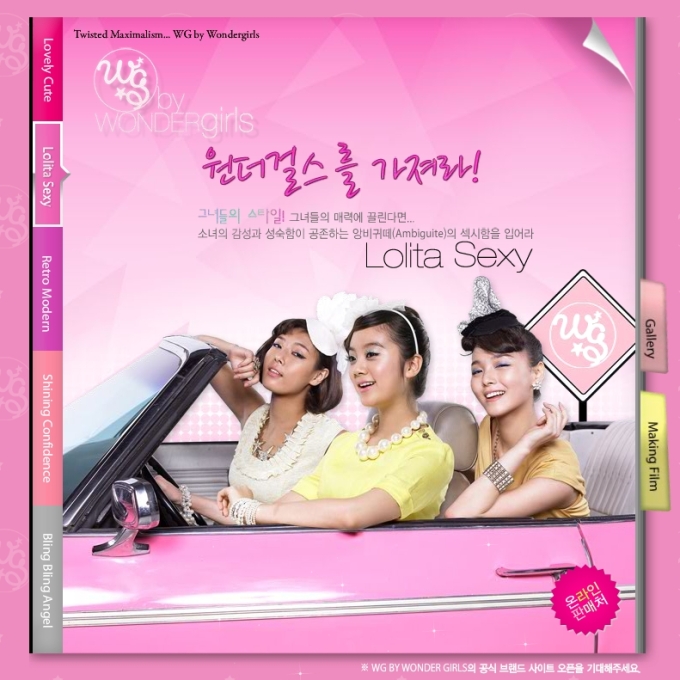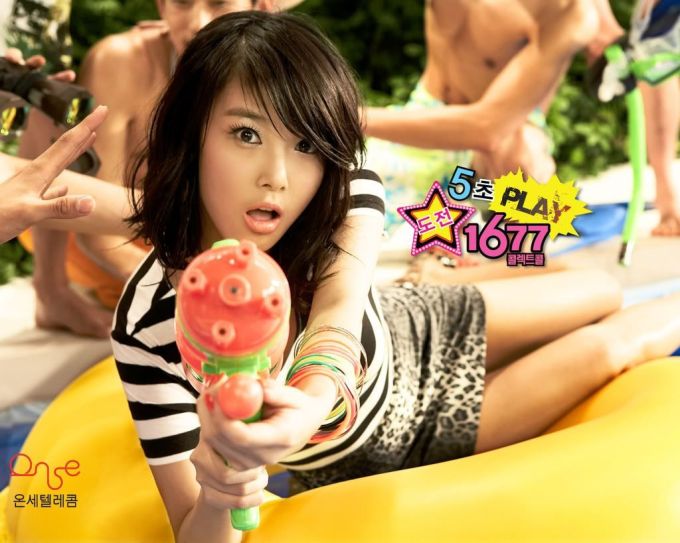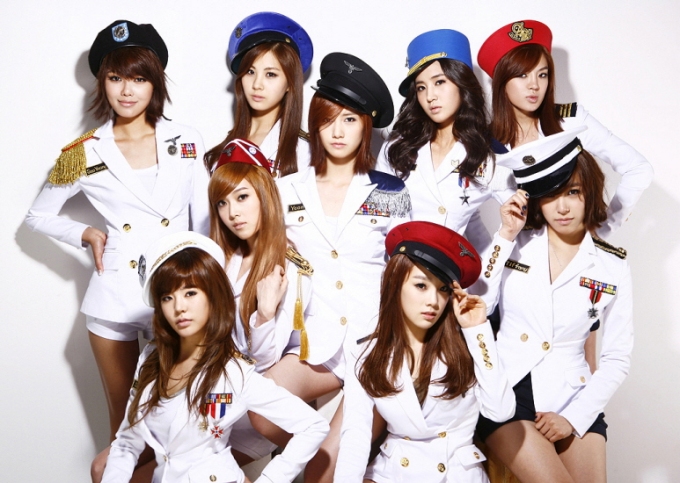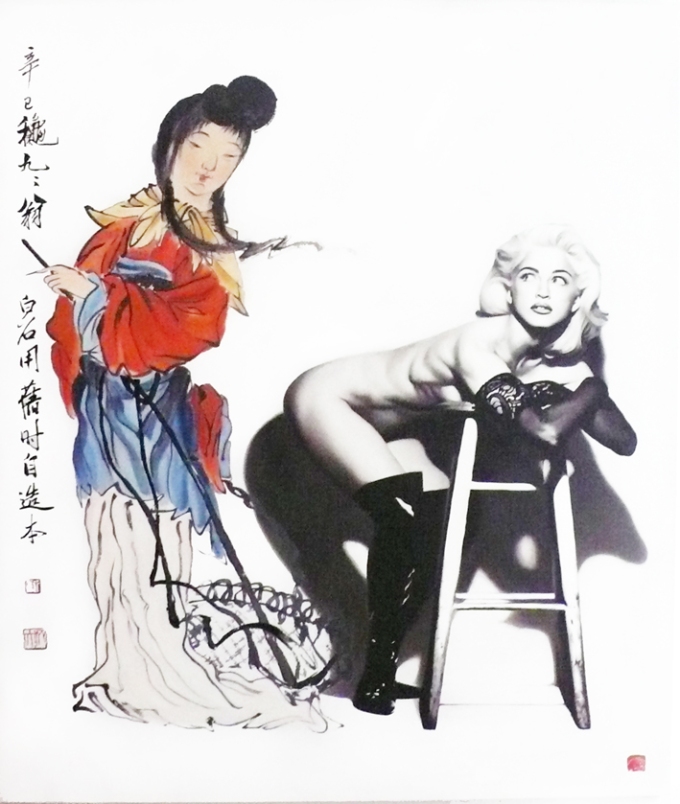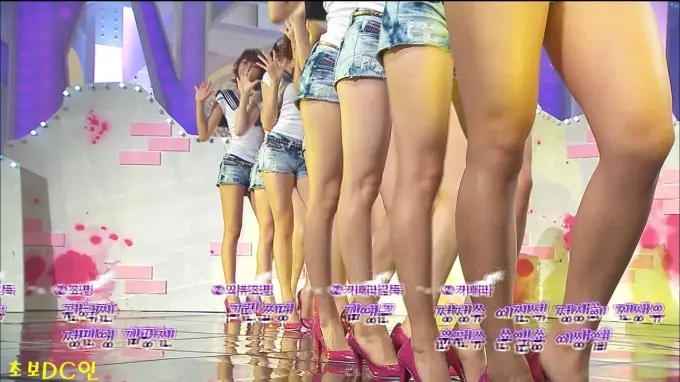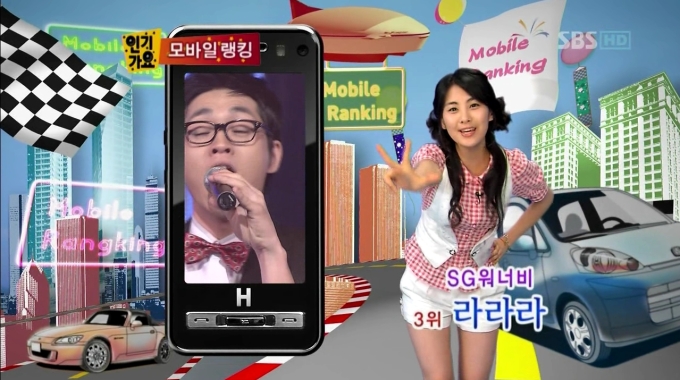 …Gender matters in the ways that it shapes social interaction. Identities, of course, are products of and sustained through interactions with others. Social interaction thus is an important setting in which gender emerges and is enacted. As Ridgeway (p. 219) observes: “It is striking that people are nearly incapable of interacting with one another when they cannot guess the other’s sex.” That the identification of someone as male or female facilitates social interaction testifies to this category’s power in social life. (Amy Wharton, The Sociology of Gender {2005}, p.10)
…Gender matters in the ways that it shapes social interaction. Identities, of course, are products of and sustained through interactions with others. Social interaction thus is an important setting in which gender emerges and is enacted. As Ridgeway (p. 219) observes: “It is striking that people are nearly incapable of interacting with one another when they cannot guess the other’s sex.” That the identification of someone as male or female facilitates social interaction testifies to this category’s power in social life. (Amy Wharton, The Sociology of Gender {2005}, p.10)
And throw in my age, ethnicity, and language difficulties into the mix too, then you’d think that discussing gender issues and sexuality with Korean women would be quite a trying experience sometimes (source, above).
Ironically though, I usually find them to be better informed and more willing to talk about them than men.
One reason might be because women the world over tend to be better language learners, and as my Korean speaking ability is much worse than my reading ability, then my conversations with Koreans on abstract subjects are confined to those with relatively good English.
But that doesn’t explain the relative disinterest of Korean men at the same level,¹ and so more much likely is that whatever their degree of interest originally, sooner or later all women are invariably forced to deal with at least the consequences of Korea’s systematic sexual discrimination, perhaps the first time being when they’re deliberately shunted into non-advancing career tracks as they enter the workforce, under the assumption that they’ll no longer work (or be fired) upon marriage or childbirth.
In contrast, such things usually impact men at a much later stage in their life cycles, if at all. Perhaps when trying to decide with his wife if they can afford to have a second child for instance, and/or if it’s worth her returning to work when she will likely only bring home 41% of the wages he does, the highest gender wage gap in the OECD. Indeed, if my wife — a 31 year-old mother of two — wasn’t lucky enough to be able to work from home as a recruiter, then we’re not entirely sure what she could do, and even that is hardly an advancing career.
That is not to say that Koreans are only ever interested in issues that directly concern them of course, or that there aren’t parallels in other countries. But there are still yet more factors working against Korean men being interested in gender issues. Most notably the profoundly patriarchal ideology of Neo-Confucianism that is all-pervasive here,² buttressed by the the socialization experience undergone during their mandatory military service.
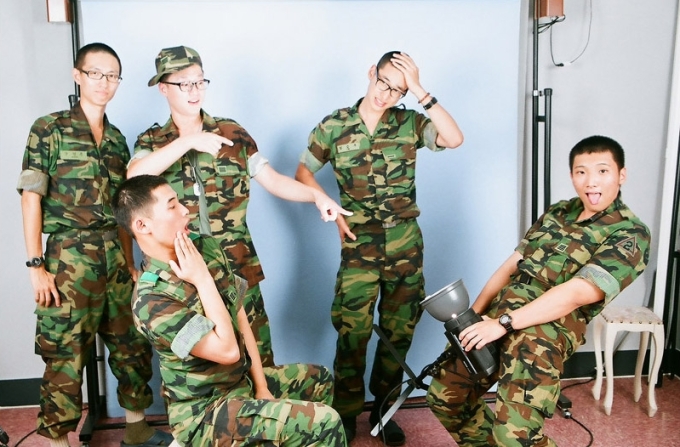 (Source: unknown)
(Source: unknown)
Admittedly these are generalizations, and to an extent they become self-fulfilling: as I’ve gotten older, I find it more and more difficult to find the effort to befriend Korean men, so different do I expect our work-family priorities and opinions on gender issues to be. This inhibits me from raising such issues in free-talking sessions with advanced students also, although in that case it’s more because I respect that their purpose in attending my classes is not for me to lecture to or argue with them.
But surely there must be some feminist Korean men out there? If you are one, or know of one, then by all means let me know! But unfortunately the differences are real, and a good illustration of the difficulties in finding common ground on gender and sexuality issues are our opinions on — you guessed it — teenage girl groups like Girls’ Generation (소녀시대) and the Wondergirls (원더걸스).
Why the focus on them specifically? It’s a reasonable question, as they’re not the first young girls groups in Korea. What distinguishes them though, is that they are the first groups explicitly created to appeal to men 20 years their senior, and as such they are very much at the forefront of the increasing sexualization of young girls in the Korean media in recent years, setting the tone for the wave of 15, 16 and 17 year-olds following them.
Where I and most 30 and 40-something Korean men — ajosshis — differ on them is that I don’t buy into the collective narrative that we all like these girl groups because we have a brotherly, paternal, or avuncular affection for their members. Instead, while I can’t imagine having any kind of sexual or romantic relationship with them in reality, I’d be lying if I said I didn’t want to bang them whenever I see them on stage…and so would those ajosshis. Try to get one to admit that though, even one you know well and in a bar just with other men like themselves, and you’ll soon realize that not for nothing do I use the term “panic” in the title of this post.
I also use “interface,” because acknowledging things like why 15 year-old f(x) band member Sulli’s (최설리) shorts are so high above, for instance, or why she is pulling her dress up in the other pictures in that photoshoot, are very literally where commercialized teenage sexuality and conservative Korean social mores meet. And I seriously doubt that pressing issues of teenage prostitution and abysmal sex education can even begin to be rectified while the collective Korean establishment — read: ajosshis — can’t admit to something so blatantly obvious.
But this is on old, tired theme for regular readers, and not what this post is about. Rather, I’m belatedly concerned with the question of why it is the case.
One possible reason is Occidentalism, for as blogger Michael Hurt argues, this platonic rationalization:
…parallels the notion in idea that in Korea, people are all good, clean Confucians who don’t do dirty things (but just save it for the love motels and leave that “skeleton bone” there – hehe, yes, I meant for a double entendre to be read there!), while Americans apparently hump everybody, according to everybody not American.
And recall that Occidentalism doesn’t actually need a physical Occidental in the room in order to be operating: indeed, it’s better that there isn’t, for greater distance gives greater leeway to imagine an “other” with which to advance a domestic agenda. And that proves to be the crucial point here, for as the following translation of a Korean music columnist’s thoughts reveals, all of this is by no means merely a face-saving device employed to obscure unsavory aspects of Korean society from inquisitive foreigners.
I warn you: the translation is rather long, a little melodramatic in places (less so in the original Korean, my wife assures me), and doesn’t actually offer an answer as to why. But still, I’m glad to have made a start by removing the “wild card” of the foreign observer from the equation:
“‘섹 시한‘ 소녀시대 좋아하는 게 죄 인가요?” (or 대한민국 ‘평균‘ 아저씨 ‘소길동‘의 고백)
Is it a Sin to Like Girls’ Generation Because They’re Sexy? (or The Confession of an Average Korean Man)
Kim Bong-hyeon, 4th February 2010
이제 고등학교에 입학하는 조카가 있다. 조카는 ‘소녀시대’의 팬이다. 당연히 이번 달 단독 콘서트 예매도 이미 끝냈다. 조카는 특히 서현을 좋아한다. 한정판 소녀시대 카드 중에서 다른 멤버들 것은 줘도 서현의 것은 끝내 안 준다. 소신이 뚜렷한 녀석이다. 크게 될 놈이다.
내가 글쟁이인 것을 아는 조카는 며칠 전 이번 새 앨범 음악이 어떠냐고 물어왔다. 해줄 말 중에는 좋은 것도, 나쁜 것도 있었다. 어차피 나쁜 말하면 귀담아 듣지 않을 테니 대충 좋은 말만 하고 넘어갔다. 실은 내가 오히려 묻고 싶은 게 하나 있었다. 하지만 묻지 않았다. 이것이었다.
“네가 진짜로 소녀시대를 좋아하는 이유가 뭐야?”
At the moment, I have a nephew entering high school. He’s a fan of Girls’ Generation. Of course, he has already reserved a ticket for their concert this month. His favorite member is Seo-hyeon, and while he will happily exchange picture cards of other members with his classmates and friends, he won’t trade any of her. Clearly he is a man of his own ideas, and is destined for great things!
Knowing that I was a writer, my nephew asked what I thought of their new album. It has good and bad points, but guessing that he wouldn’t have listened to the latter, I just talked about the good things. But actually there was something I wanted to ask him (although I didn’t), which was:
What is the real reason that you like Girls’ Generation?
이걸 묻고 싶었던 이유는 간단하다. 나 자신에게 물어봤는데, 나에게서 나온 대답이 정답인 것 같아서 다른 남자(!)에게도 확인해보고 싶었기 때문이다. 한마디로, 나는 소녀시대가 ‘섹시’해서 좋다. 물론 기본적으로 귀여운 매력이 크긴 한데 섹시한 매력도 나에게는 그 정도 크기는 된다.
이게 무슨 뚱딴지같은 소리냐고? 노파심에 말하자면 나는 변태도 아니고 과대망상증 환자도 아니다. 그리고 이제는 자신 있게 말할 수 있다. 소녀시대는 분명히 섹시하다. 정확히 말하자면, ‘섹시하지 않은 척 하면서 섹시’하다.
내가 소녀시대에게서 섹시함을 느낀 건 ‘Gee’ 이후였던 것 같다. 그전까지 소녀시대는 나에게 그저 귀여운 여동생에 불과했다. 그러나 소녀시대가 Gee로 컴백해 딱 달라붙는 배꼽티와 스키니진을 입고나오자 ‘소녀’는 ‘그녀’가 되었다. ‘소원을 말해봐’는 ‘Gee’의 심화판이었다. 핫팬츠와 하이힐, 제복을 입고 그녀들이 내게 ‘소원을 말해보라고’ 외쳤다. 신곡 ‘Oh!’는 한술 더 떠 치어리더 콘셉트다. 더 무슨 말이 필요하나.
The reason I wanted to ask this was simple. I knew why I liked them – and all men like them – but I wanted to confirm that he would give the same answer: that it’s because they’re sexy. Of course, they do also have a cute charm about them, but they’re at least as sexy.
What foolish talk is this you ask? But no, asking this does not mean I am a pervert, nor that I’m a mental patient having excessive sexual fantasies about Girls’ Generation. Rather let me say this: of course, Girls’ Generation are sexy. Or to be more accurate, they are sexy while pretending not to be.
It was with their song Gee that Girls’ Generation really started appearing sexy to me; before that, they were merely like little sisters. But then they started wearing tight, clinging croptops and jeans, and the girls had changed to women. This was even more so with their song Tell Me Your Wish, combining hotpants, high-heels, and uniforms while crying “tell me your wish…”. And with their new song Oh!, they continue that theme with a cheerleader concept. What more is there to say? (Source, below).
 여기서 중요한 건 섹시 그 자체가 아니다. 소녀시대보다 섹시한 가수들은 얼마든지 있다. 포인트는 소녀들이 ‘더없이 순수한 눈망울’을 하고선 남성의 성적 판타지를 자극하려는 의도가 분명한 옷과 액세서리, 그리고 노랫말과 춤동작을 선보인다는 점이다. 나는 고민에 빠진다. 그 순수한 눈망울들이 나를 죄책감의 구렁텅이로 몰아넣는다. 내가 저 천사 같은 아이들을 두고 대체 무슨 상상을 한 걸까. 나는 변태인가. 난 누군가 또 여긴 어딘가.
여기서 중요한 건 섹시 그 자체가 아니다. 소녀시대보다 섹시한 가수들은 얼마든지 있다. 포인트는 소녀들이 ‘더없이 순수한 눈망울’을 하고선 남성의 성적 판타지를 자극하려는 의도가 분명한 옷과 액세서리, 그리고 노랫말과 춤동작을 선보인다는 점이다. 나는 고민에 빠진다. 그 순수한 눈망울들이 나를 죄책감의 구렁텅이로 몰아넣는다. 내가 저 천사 같은 아이들을 두고 대체 무슨 상상을 한 걸까. 나는 변태인가. 난 누군가 또 여긴 어딘가.
분명히 맞는 것 같은데 증명할 방법이 없다. 섹시함을 주 무기로 삼으면서 겉으로는 그렇지 않은 척한다. 그런데 더 가관(?)인 건 그렇지 않은 척하니까 대놓고 그러는 것보다 더 섹시하다는 거다. 낮에는 현모양처, 밤에는 요부를 바라는 어쩔 수 없는 남성의 본능이다. 가히 최악의 상황이다.
이런 상황에서 ‘기획사 너희들! 일단 남성의 성적 판타지를 정확히 자극한 것에는 10점 만점에 10점을 주겠어. 대단히 유효한 전략이었지. 하지만 어린 여자애들 데리고 더 이상 교묘하게 섹스를 팔지 마! 이제 더 이상 당하지 않아!’, 이렇게 외친다면 (비록 속은 다를지라도) ‘아니, 어떻게 이렇게 귀여운 여동생을 보고 그런 천박한 생각을…’, 하며 경멸어린 시선으로 변태 취급당할 가능성이 다분하다.
The important point here is not how sexy they are: there are many female singers sexier than Girls’ Generation (James: I think he means more “sexual” than sexy). Rather, that despite their innocent expressions, Girls’ Generation’s clothes, accessories and lyrics are all designed to provoke men into having sexual fantasies about them. But this leaves me feeling a little perturbed and guilty: how can I think like that when I see those angelic faces? Am I a pervert? Who am I…where am I?
This is all true, but it is impossible to prove. While deliberately being sexy, Girls’ Generation pretend that they aren’t. Which proves to be even sexier than it they just admitted it, for every man’s instinct is to have a woman who is a wise mother and good, virtuous wife by day, but a shameless hussy at night.
 This is a very bad situation.
This is a very bad situation.
About this, I say “To the people that work at the company! First, I give you 10 out of 10 points for knowing what stimulates men’s sexual fantasies so well. But please stop using these young girls to sell sex so skillfully! I won’t put up with it anymore!”. And I do so even though many people may scorn me and label me as a pervert, asking how I can think such things of such cute, innocent girls.
과연 나만 이런 생각을 하는 걸까? 나만 섹시함을 섹시함이라 말하지 못하는 ‘소길동’의 덫에 걸린 걸까? 아니라고 본다. 모르긴 몰라도 적지 않은 대한민국 성인 남성이 나와 비슷한 고민을 하지 않으려나?
여기서 두 가지 고민이 발생한다. 그리고 그 전에 하나 전제되어야할 것이 있다. 바로 ‘소녀시대의 기획사는 어린 소녀들을 통해 남성의 성적 판타지를 자극해 교묘히 섹스를 판매한다’는 합의다. 물론 이 같은 판단에 소녀시대의 팬이나 어린 학생들, 그리고 여성들은 동의하지 않을 수도 있다.
이유는 여러 가지다. 우선 소녀시대의 팬들에게 이 같은 지적은 소녀들에 대한 모욕일 수 있고, 어린 학생들이나 여성들의 경우에는 진심으로 이러한 부분을 체감하지 못했을 수 있다. 그러나 이것은 엄연히 현존하는 사실이다. 양해를 구한다. 그렇게 사실로 인정하고 넘어가도록 하자.
Well, am I the only person that thinks like that?Am I the only guy to have fallen into the trap of not recognizing sexiness when I see it? I don’t think so. In fact I think that all Korean adults suffer the same.
Based on the premise that Girls’ Generation’s company is skillfully encouraging men to have sexual fantasies about the group and basically selling sex then all this raises two problematic issues to worry about. But I don’t expect many fans, young students and women to agree with me, for many reasons: first, because to Girls’ Generations’ fans, this sort of opinion is considered insulting to the group; and in the case of young students and women, they can’t really understand these physical feelings of men. But while I seek their forgiveness, the facts remain. Let’s continue on that premise (source, left).
첫 번째 고민은, ‘욕망하는 것은 과연 나쁜가’이다. 더 정확히 말하면 ‘의도된 자극에 예상된 욕망으로 반응하는 것은 나쁜가’가 되겠다. 말이야 바른 말이지 은근슬쩍 성적 판타지를 자극해 오는데 모른 척하며 억지로 속으로 눌러야 하나? 오히려 그게 솔직하지 못하고 자신을 속이는 것 아닌가? 남에게 피해를 주지 않는 솔직함은 미덕이라고 배우지 않았나. 굳이 말을 하자면 자극받는 쪽보다 자극하는 쪽이 나쁘지 않느냐는 말이다. 하아, 나는 왜 불필요한 죄책감에 사로잡혀 있었을까. 문제는 개인이 아니라 구조이고 시스템인 것을.
두 번째 고민은, ‘어린 소녀들을 통해 섹스를 파는 행위는 과연 나쁜가’이다(‘미성년자’라는 법적 개념으로도 판단할 수 있겠지만 여기서 논하려는 건 그러한 차원은 아니다). 어떻게 보면 누이 좋고 매부 좋은 거래가 아닌가. 기획사는 돈을 벌고, 소녀들은 스타가 되고, 대중은 욕망을 충족한다. 소녀들이 특별히 공공질서를 저해하는 음란 행위를 하는 것도 아니고, 대중이 소녀들에게 위해를 가하거나 범죄를 저지르는 것도 아니다. 상부상조하는 좋은 거래다.
The first thing to worry about is the question of if desire is a bad thing. Or to be more precise, is getting sexually stimulated bad when that is the deliberate and expected reaction? Does the fact that it is done indirectly and stealthily mean that we have to pretend that we don’t feel aroused? Isn’t that being dishonest and deceiving yourself? We all know that as long as it doesn’t cause harm to others, honesty is a virtue. And surely it is worse to so insidiously arouse men than to feel aroused. Why on Earth was I feeling guilty about this? This is not a problem with myself, but more a systematic thing.
The second worry is that the act of using young girls to sell sex is bad (I don’t want to discuss the legality of using minors for this though). But if you look at it in a different way, it is can actually be a good thing. The company makes money, the girls become stars, and men’s sexual desire is satisfied. Nor are the girls committing indecent acts, or the public harming ordinary girls in any way or commit crimes against them. So in a sense, everybody helps each other.
그러나 이렇게 간단하게 정리하고 넘어갈 문제가 아니라는 게 바로 문제다. 기본적으로 나는 욕망하는 주체다. 그리고 욕망하는 나 자체는 건강하다. 그러나 내 욕망을 충족시켜주는 것들이 모두 옳은 건 아니다. 다시 말해 나는 내 욕망의 정곡을 찔러주는 소녀시대의 무대를 보면서 기획사의 의도대로 욕망을 느낀다.
하지만 그 반대편엔 욕망의 크기만큼이나 커다란 이성 역시 자리 잡고 있다. 나는 소녀시대가 내 성적 판타지를 충족시켜준다는 점을 인정하면서도 동시에 그들 기획사의 전략이 야기할 부정적인 단면들을 고민한다. 즉 나는 끊임없이 욕망하면서 동시에 그 욕망을 충족시켜주는 것의 올바름에 대해 끊임없이 의심한다.
그렇게 의심해본 결과, ‘섹시하지 않은 척 하면서 섹시한’ 소녀시대는 몇 가지 문제점을 내포하고 있다. 먼저, 이것은 기획사의 입장에서는 분명 대단히 효과적인 돈벌이 전략이지만 사회적으로는 성의 이중성을 더욱 공고히 할 뿐이다. 성적 판타지를 자극하도록 설계된 소녀들에게서 당연하게(?) 예정된 욕망을 느끼더라도 남성들은 그것을 제대로 표출할 수 없다. 욕망 표출의 해방감 대신 그들에게 부여되는 것은 일종의 죄책감이다. 욕망은 점점 안으로 파고 들어가고 겉과 속은 달라진다. 그렇게 섹시한 것을 섹시하다고 말하지 못하는 소길동이 되어간다.
Unfortunately, the problem isn’t as simple and easily resolved as that. Basically, because I have sexual desire. And that is healthy and good, not a sin. But not everything that arouses me is correct and proper (James: should be acted on?), and one of those is watching Girls’ Generation dancing on a stage.
On the other hand, while I do have sexual desire, I have just as much logic and rationality to me. So although I admit to at the fact that Girls’ Generation arouses me, at the same time I worry that I am just being manipulated by their company. Or in other words, while I am unceasingly aroused by them at the same time I think seriously about if both that and what the company is doing is correct and appropriate.
As a result, I realize there are many problems to Girls’ Generation being sexy while pretending not to. First, while it is undoubtedly a very effective strategy for the company to make money, to society it reaffirms that there is a public and private face to put on sex. For while the group is designed to stimulate men’s sexual fantasies, they can not admit to this. Rather than expressions of sexual liberation, they must instead have guilt about how differently they feel inside and what they must actually say. This is why you have men like me saying that sexiness is something else entirely.
 (Source: unknown)
(Source: unknown)
또 하나. 다름 아닌 소녀들 걱정이다. 윤아 걱정, 유리 걱정, 무엇보다 우리 조카를 위해 서현 걱정이다. 어쩌면 이게 제일 중요한 문제일지도 모른다. 나는 소녀시대의 무대를 볼 때마다 매번 이런 생각이 든다. 쟤네들은 자기가 어떻게 소비되는지 과연 알고 있을까? 남성들의 시선과 속마음에 대해서는 얼마나 알까? 만약 알고 있다면 그게 쟤네들이 원하는 걸까? 혹시 기획사의 의도와 속내가 충돌해 괴롭지는 않을까?
이게 무슨 오지랖이냐고 웃을지도 모르겠다. 하지만 ‘소녀들도 이제 엄연한 법적 성인이니까 자기 일은 자기가 알아서 하겠지’라고 안일하게 생각하기에는 아직도 소녀들은 많이 어릴뿐더러 소녀들 개개인의 힘에 비해 시스템의 권력이 너무 크고 거대하다. 또한 ‘자본주의 사회에서 소녀시대 역시 하나의 상품이며 상품이 된 것 역시 소녀들의 선택’이라고 치부하기에는 머릿속에서 ‘인간의 존엄성’이라는 단어가 자꾸만 아른거린다.
서현. 가장 순수할 것 같고 실제로도 가장 어린 서현. 지금, 상처받지 않고 있을까? 그리고 앞으로도 상처받지 않을 수 있을까?
글을 마무리하면서 문득 지금의 내 메신저 대화명을 떠올렸다. ‘소시 앨범 득템! 화보 쩐다.’ 화보가 쩌는 건 사실이지만 아무래도 당장 다른 대화명으로 바꾸어야겠다. 갑자기 이 저열한 욕망의 바다에 물 한 방울 보태기도 싫어졌으니까.
One more thing: I worry about the girls of Girls’ Generation themselves. I worry about Yuna, about Yuri, and most of all about my nephew’s favorite Seo-hyeon. This may be the most important issue of all, and whenever I see them on stage I think it: do they know how they are being consumed? Do they know how they are viewed and felt by men? If they do know, is that what they really want? By any chance, do they suffer from their own wishes and their company’s clashing?
People will ask why I worry about them. After all, they are legal adults. Despite that however, the system they operate in is far more powerful. And against the argument that they are in the music industry – just the product of a capitalist society – and that it’s their choice, I still frequently pause to think if it’s not an affront to human dignity.
Seo-hyeon: she looks the most innocent, and in reality she is the youngest too. To her I say are you getting hurt at all now? Or is there any way you can avoid it in the future?
As I was writing this article, I added some words next to my name in my messenger program: “I’ve bought Girls’ Generation new album! Their pictures are fantastic!”. While that is true though, I have to change it. I suddenly really don’t want to add one drop to this ocean of base, vulgar sexual desire. (end)
As always, apologies for any errors with the translation (there’s bound to be with something of this length), and I’d really appreciate it if you could let me know if you spot any. And what do you make of Kim Byeong-hyeon’s “confession”?
Or, hell, my own? Not that I think that mine is any great surprise to long term readers of course(!), and I don’t mean to imply that I’m embarrassed at only having Korean female friends now. Indeed, most of my Western male friends here also had equal numbers of male and female Korean friends in their first few years here, only to lose the former for much the same reasons I mentioned earlier; or at least, those that like myself came in their early to mid-20s,and have stayed for 5-10 years since. And they’re by no means gender studies geeks either, although I confess that we do still talk mostly about women when we meet! ;)
What is your own experience? How are things similar or different for Western women here also?
Notes:
1) Rereading this in November 2013, nearly 4 years later, I cringe at the numerous generalizations I make based on only my own personal experience; I would be much more careful to avoid those and/or acknowledge my biases were I to write on the same subject today. On the other hand, unfortunately it’s also true that my personal experience remains largely the same.
2) I also try to avoid the “C word” these days. Although this is hardly the most egregious example, Confucianism is very overused as a catch-all, explain anything and everything device in English-language writing about Korea.

 (Lee Jeong-hyeon opening for Lady Gaga, 2009. Source)
(Lee Jeong-hyeon opening for Lady Gaga, 2009. Source)











